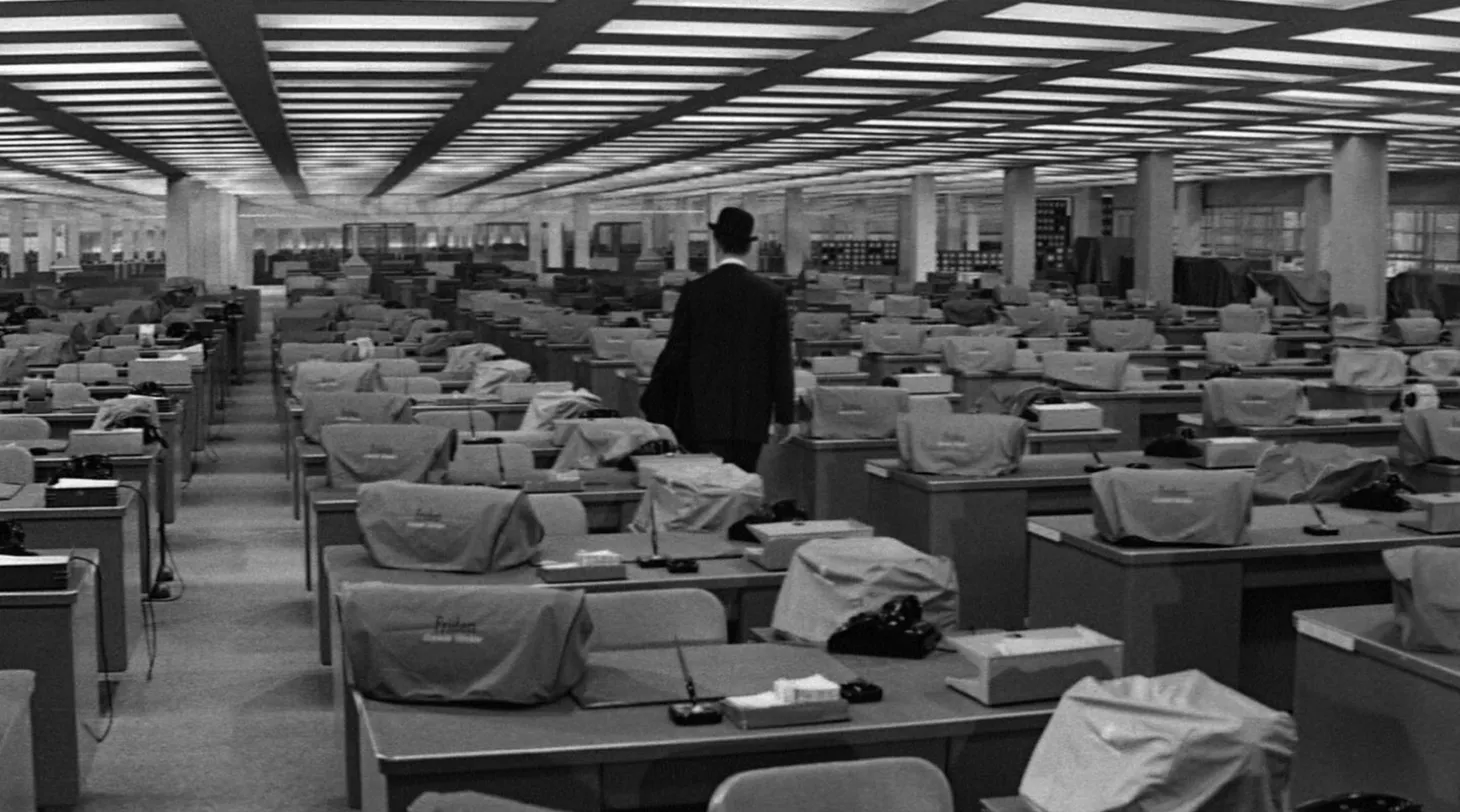Future of Cities
If the New York Times Were a City, Would You Live In It?
Three media empires offer important lessons about the future of offices, homes, and cities. It's been a busy month for media empires. Two weeks ago, the New York Times parted [https://www.nytimes.com/2020/06/07/business/media/james-bennet-resigns-nytimes-op-ed.html] ways with its Opinion Editor, after the

Is Density Destiny?
Transportation and communication go hand in hand. Until the 19th Century, the speed of delivering a message was equal to the time it took a man (or woman) to carry that message on foot, on horse, or by boat. Innovations in transportation and communication often enabled and reinforced one another,

